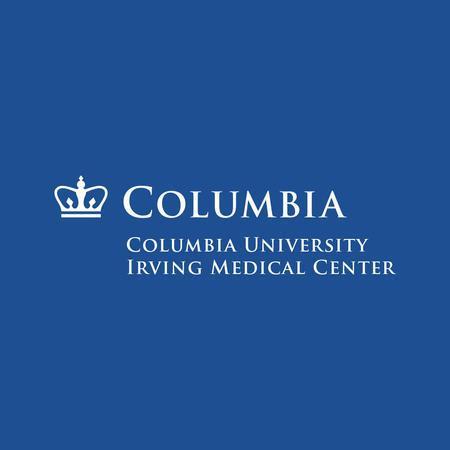Brian Peter Marr, MD
Photos
622 W 168th St Bldg 3RD Fl 3
New York, NY 10032
Brian Marr, MD heads the Ophthalmic Oncology Service at the Harkness Eye Institute. He has comprehensive experience in the diagnosis, treatment, and management of ocular tumors including intraocular tumor resection, laser, radiation, and chemotherapy procedures. He has helped devise thousands of complex treatments for tumors of the eye, eyelid, orbit, and conjunctiva for his adult, children, and infant patients. Currently, Dr. Marr is a collaborator on a Columbia University clinical trial for a first-of-its-kind, new class of drug treatment for uveal melanoma. Dr. Marr is a board-certified ophthalmologist whose work has centered around ophthalmic oncology since 2000. One of the very few ocular oncologists trained in all aspects of eye cancer, Dr. Marr's clinical experience in treating these diseases is among the most extensive in the United States. His interest and experience in ophthalmic oncology began during an eight-year tenure in the Ocular Oncology Service at the Wills Eye Hospital in Philadelphia. There, he gained extensive experience treating intraocular tumors, and tumors of the eyelid, orbit, and conjunctiva in children and adults. It was there that Dr. Marr developed and improved many surgical procedures used to cure cancers of the eye, successfully treated thousands of patients, and helped their families though their battle with eye cancer. Next, Dr. Marr moved on to Memorial Sloan Kettering Cancer Center, where he remain for nine years, starting in 2008. Dr. Marr has some of the greatest experience with intra-arterial chemotherapy for treating retinoblastoma in the country, if not the world, as well as all other forms of retinoblastoma treatment. He has been a key member of many multidisciplinary surgical teams, treating advanced skull base tumors and complex facial skin lesions. He has developed a strong belief and treatment philosophy that the best research be used to help his patients, rather than his best patients be used to help his research. The field of ophthalmic oncology encompasses many rare conditions and his experience helps his patients get the best care and results as quickly as possible. Dr. Marr lectures and consults across the US and abroad, and has authored numerous research articles in the field of ocular oncology. He is the principal investigator in a first-in-class drug study for treating primary uveal melanoma, in an international, multi-center trial. He also volunteers his medical expertise in underserviced parts of the world, such as Nigeria and Indonesia, and has helped train physicians in more than 20 countries. Dr. Marr’s efforts as a contributor to ongoing education in ocular oncology have been recognized by the American Academy of Ophthalmology, where he now serves as chief editor of the Academy’s Oncology and Pathology’s One network.
Also at this address
Owner verified
See a problem?








